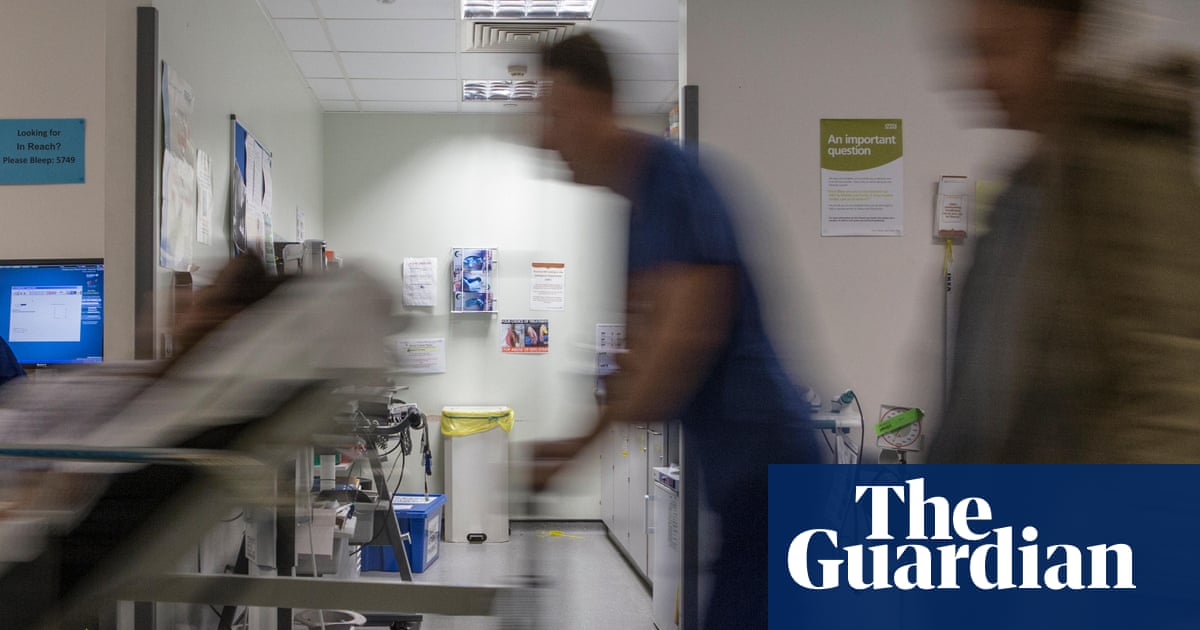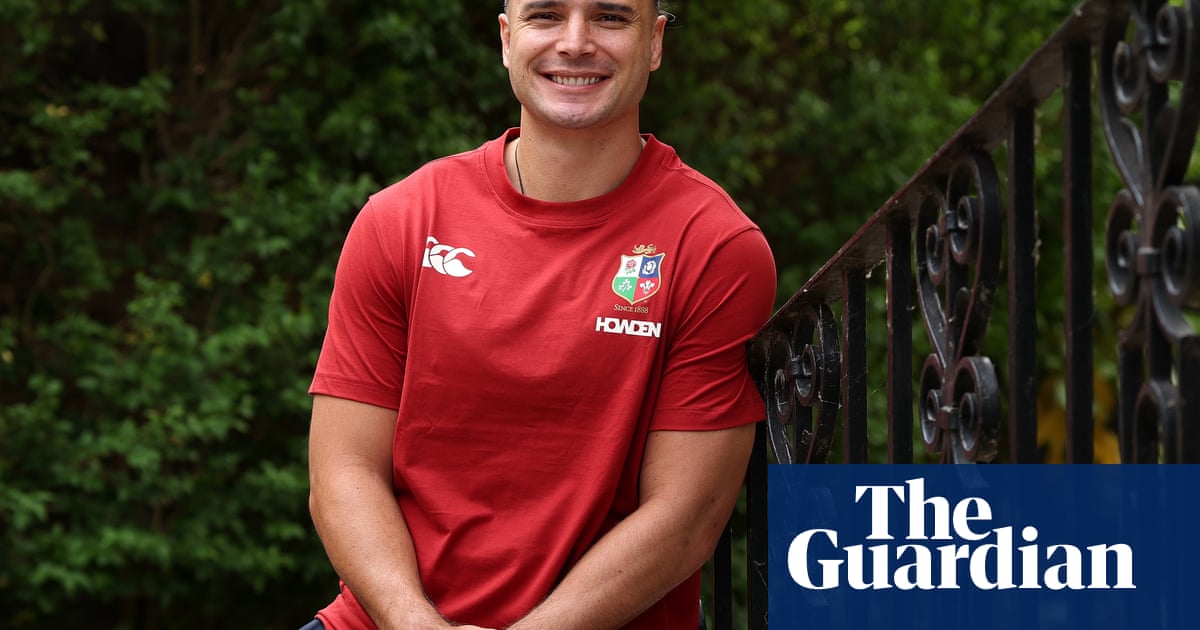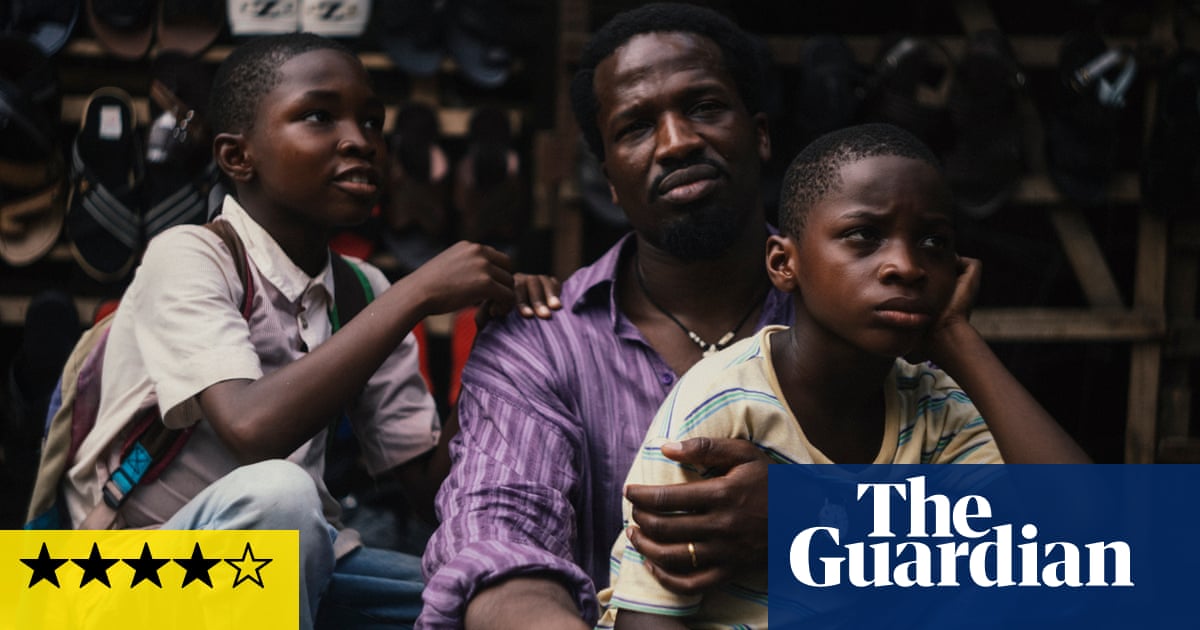Despite 14 leading experts concluding there was “no medical evidence” that Lucy Letby murdered babies, there is no guarantee that her case will be sent back to the court of appeal – let alone quickly.
Letby’s fate now sits with the Criminal Cases Review Commission (CCRC), the miscarriage of justice body that has the power to refer convictions back for appeal, and what the outcome will be remains uncertain.
What happens now?
In the immediate future, Letby’s life will remain the same. She is still considered by the state to be among the worst serial killers in British history and is serving 15 whole-life terms in Bronzefield prison. Her convictions remain for the murder of seven babies and attempted murder of another seven while working as a neonatal nurse at the Countess of Chester hospital.
Letby has already lost two attempts to appeal against her convictions. In May last year the court of appeal dismissed Letby’s case on all grounds and rejected her argument that expert prosecution evidence was flawed.
Unless and until the CCRC decides that the latest evidence is enough to persuade the court of appeal to rethink, she will remain in prison.
How quickly will a decision be made?
It depends who you ask. A source at the CCRC said it was “fanciful” that Letby’s case would be referred back to the appeal court even within a year, but her representatives say they see no reason why it could not be imminent.
Letby’s new barrister, Mark McDonald, told the Guardian that “the case is now so strong that I could not see any reason why the CCRC shouldn’t be immediately referring this back to the court of appeal”. He believes that Letby’s convictions should be referred by the summer at the latest, but the CCRC is likely to take a much more cautious approach.
The CCRC source said: “It’s incredibly complicated. It won’t be quick. It’s going to be years, not months, because you’ve got to go back and read all of what was presented at trial.
“You’ve got to do a full and detailed review and unfortunately they take a long time. That’s the nature of complexity of this type of case.”
The CCRC will be aware of the publicity around the case and will want to be seen to have handled it efficiently, especially after the criticism it received over failures in the Andrew Malkinson case. But the first Letby trial took eight months and the volume of material will be immense.
Even before the application came in, the CCRC has had at least three staff familiarising themselves with the case over recent months in anticipation. They are understood to have been handpicked for their expertise on legally and medically complex cases.
The CCRC was sent the 31-page summary report on Monday night, just before the press conference. It is understood it will receive the full dossier within weeks.
A CCRC spokesperson was careful not to put a timeline on it: “At this stage it is not possible to determine how long it will take to review this application. A significant volume of complicated evidence was presented to the court in Ms Letby’s trials.”
They added that they were anticipating “further submissions from Ms Letby’s representatives”.
How strong is the new evidence?
Letby’s convictions for murdering and harming babies by injecting air into their bloodstreams and poisoning them with insulin rested largely on evidence presented by one retired consultant paediatrician. Now a 14-strong panel of eminent neonatologists and paediatricians from around the world is unequivocal in its conclusions that no scientific proof of this exists.
The panel found “no medical evidence supporting malfeasance causing death or injury” in any of the babies whose cases they examined.
McDonald said: “You do not get any better than the expert neonatologists that have written these reports and it’s completely demolished the medical evidence that was presented to the jury.”
So is a referral back to the appeal court a certainty?
While those watching the press conference on Tuesday may assume so, others believe it is far from guaranteed.
A source at the CCRC said that despite the “huge groundswell of public opinion” on the case, that did not mean it would persuade appeal court judges. They said: “The court of appeal don’t like expert shopping, as they call it. They just say, you can keep going around until you find the right expert that will agree with you, but that’s not what it’s about.”
McDonald argues the case is not as complicated as it first appears. “This is not a complicated case. People want to make it a complicated case because it’s so long,” he said. “But actually, when you analyse it, it’s not that overly complicated, because the starting point is looking at the credibility of the evidence that went before the jury from one, maybe two or three expert witnesses on their precise hypothesis of what they say took place.”
Could Letby be granted bail?
Even if the CCRC decided the new evidence presented a real possibility that the court of appeal would overturn Letby’s conviction, her release from prison is far from guaranteed. The Crown Prosecution Service has already indicated it would fight any appeal and is unlikely to support a bail application.
A CPS spokesperson said: “Two juries and three appeal court judges have reviewed a multitude of different strands of evidence against Lucy Letby. She has been convicted on 15 separate counts following two separate jury trials.”
Might anything else hold up the consideration of her case?
The police are still considering bringing further charges against Letby in relation to other baby deaths, including at a second hospital, Liverpool Women’s hospital. She was questioned under police caution in prison late last year and if any charges are brought this could delay the CCRC process.
The Thirlwall inquiry into the deaths of babies, which proceeded on the basis they were murders, is coming to a conclusion and closing submissions will be heard in Liverpool later next month. The CCRC is likely to be watching this closely.
What can other cases tell us about Letby’s likely fate?
Ben Geen, a nurse who was jailed for life 19 years ago after he was convicted of murdering two of his patients and poisoning 15 others, has been trying to convince the CCRC of his innocence for more than a decade. He is also represented by McDonald, the barrister now working for Letby.
Geen’s conviction rested largely on the basis that he had been on shift at the time of an “unusual” number of cases of respiratory arrest. Attempts to persuade the CCRC to send this conviction for appeal with the evidence of eminent statisticians have repeatedly failed, with applications in 2013 and 2015 denied. McDonald obtained a successful judicial review of the 2015 rejection, arguing the evidence had not been properly considered. But after a more thorough assessment, the CCRC again turned him down.
However, there is another case that offers more hope for Letby. Colin Norris, a nurse known as the “angel of death” who was convicted of killing four patients by injecting them with insulin, will have his case considered by the court of appeal in April. It was referred by the CCRC on the basis that the prosecution wrongly asserted that spontaneous hypoglycaemia was extremely rare. Letby’s lawyers will be watching closely.

.png) 3 months ago
40
3 months ago
40

















































